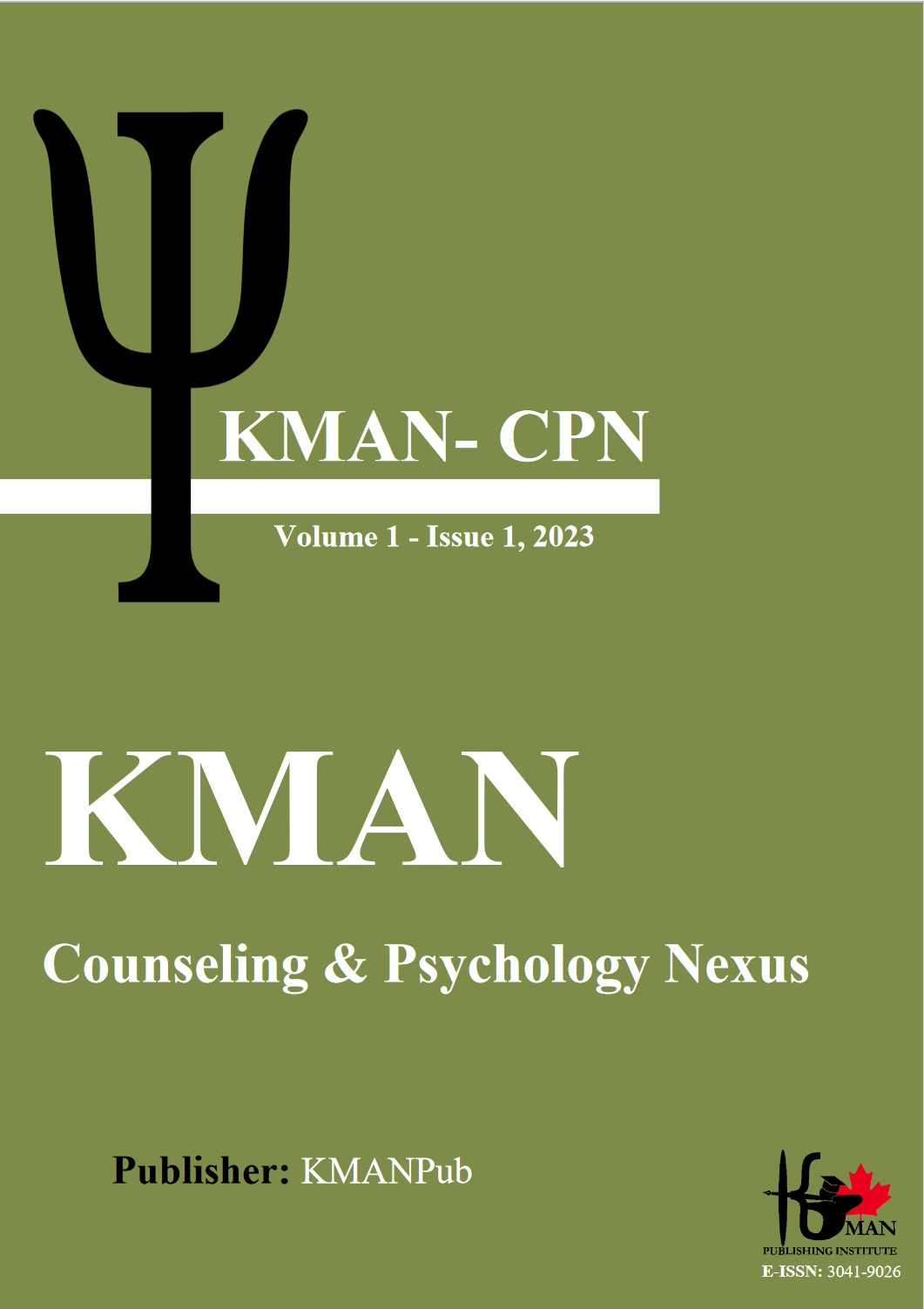Validation of an Educational Counseling Model Based on Dawis' Work Adjustment Theory and Its Effectiveness on Motivation and Psychological Capital of University Entrance Exam StudentsMohammad
Keywords:
academic counseling, work adjustment, academic motivation, psychological capitalAbstract
The present study aimed to validate the conceptual model of educational counseling based on Dawis' Work Adjustment Theory and to examine its effectiveness on the motivation and psychological capital of university entrance exam students. This research was a mixed-methods study, where the qualitative part utilized conceptual modeling based on content analysis according to the conventional design method, with texts as its instrument. The results of this part indicated that among the concepts of this theory, personality styles containing four dimensions: speed, effort, persistence, and response pattern, were identified as the best concepts for educational counseling. These concepts were selected from this theory, and the conceptual model of educational counseling based on Dawis' Work Adjustment Theory was extracted. The quantitative part was a quasi-experimental or pretest-posttest design with a control group. The sample consisted of 32 female students in the twelfth grade selected by convenience sampling from a high school in Najafabad and then non-randomly assigned into experimental and control groups. The experimental group received an educational package in 8 sessions of 90 minutes each. The research instruments included Harter's Academic Motivation (1981) and Luthans' Psychological Capital Questionnaire (PCQ) (2007). Both groups were evaluated in three stages: pretest, posttest, and follow-up. Descriptive (mean and standard deviation) and inferential (analysis of covariance) statistics were used to examine and analyze the data. The results showed that this method was effective in improving motivation and psychological capital. From the qualitative part, the conceptual model of educational counseling based on Dawis' Work Adjustment Theory was extracted. According to the findings of this study, it can be said that the conceptual model of educational counseling based on Dawis' Work Adjustment Theory is a suitable method for increasing the motivation and psychological capital of university entrance exam students.
Downloads
Downloads
Additional Files
Published
License
Copyright (c) 2023 Mahbobeh Hojjati (Author)

This work is licensed under a Creative Commons Attribution-NonCommercial 4.0 International License.








